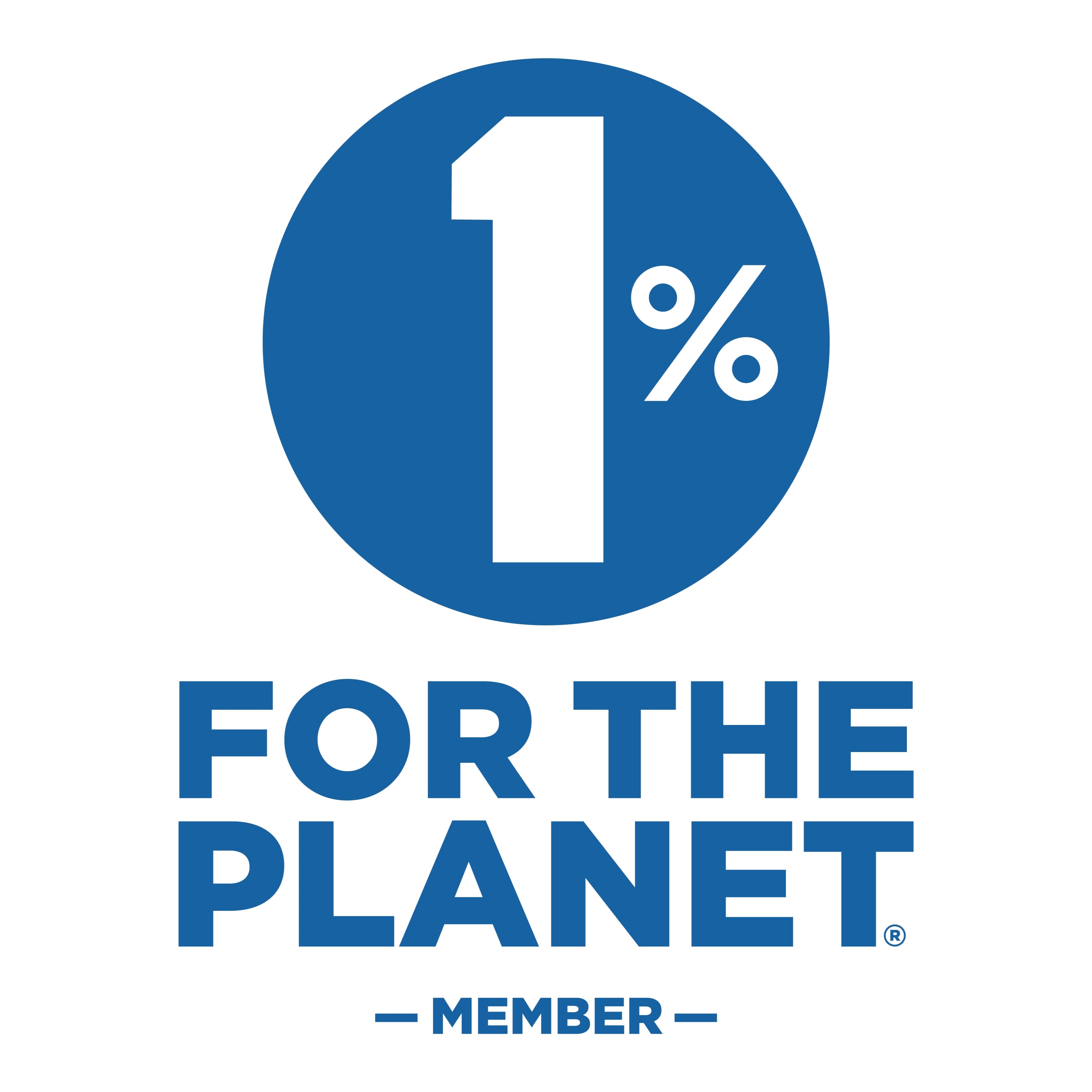Why we should all be buying Organic Cotton NOW
We recently helped launch a branded t-shirt onto a well-known online retail platform. It did phenomenally well largely due to the brand but that was not the main thrust for us.
We insisted the manufacturer use Organic Cotton. This caused some issues as their margin was going to be reduced. To assist we reduced our margin to facilitate the introduction of organic cotton. The retailer wasn’t happy either as the retail price of the t-shirt had to be slightly higher- they were worried sales would be affected- they needn’t have worried!
Ultimately our customers did pay around 10% more for their T-shirt, but as they paid more are they not more likely to keep hold of it for longer and wear it more often? Did they see that the quality was better than a regular cotton t-shirt? Did they feel better about buying an organic cotton t-shirt and reducing their impact on the planet? ..Time will tell.
The point is that we all have to make a contribution to reverse global warming, we need to help the farmers and prevent the destruction of the natural environment and we need to act NOW.
Around 110 million bales of cotton are produced annually and account for 2.5% of the world’s arable land. That’s huge. India is the world’s largest producer.
Soil and Health
Organic cotton is grown without artificial inputs such as insecticides, pesticides and fertiliser, all of which damage the environment and the health of the farmers and processors. Soil health is improved dramatically in organic farming and that is crucial for water retention and nutrient improvement.

Image Source: Textile Exchange: One of the leading organisations that promotes organic cotton is the Textile Exchange, which is a global non-profit. It manages and promotes the Organic Cotton Standard (below).
A Vicious Cycle of Poverty
Artificial chemical input can seriously damage the water supply and its application can be inhaled seriously damaging the health of farmers. Poor health reduces the capacity to work. If you can’t work you can’t get paid and you can’t get your children educated- a vicious cycle of poverty.
A Fair Price
The farmers of Organic Cotton get a fairer price for their crops which means they can look after their health, get an education and improve their standard of living.
Some Organic Cotton stats:
Water: 91% less by using better rainfall collection models.
Energy: 62% less due to not using manufactured fertiliser
Global Warming: 46% less usage of tractors, irrigation machinery, manufactured agricultural inputs.
When you buy Organic Cotton look for the OCS symbol and or the GOTS symbol


“OCS (Organic Content Standard) provides third party assurance that the organic content in your clothes can be traced back to source, while GOTS (Global Organic Textile Standard) traces the organic content in your clothes and ensures that it is processed socially and sustainably.”
In summary Organic Cotton reduces environmental footprint, promotes the safety of farmers, promotes Fairtrade for the farmers who can grow additional crops for income. It allows for greater female participation; it has community benefits and leads to the improved harvesting of rainwater. We have to act NOW.
#MinimiseOurHumanFootprint
©Ateliers Verts Ltd. 2021
Back to: Ateliers Verts® The Magazine





